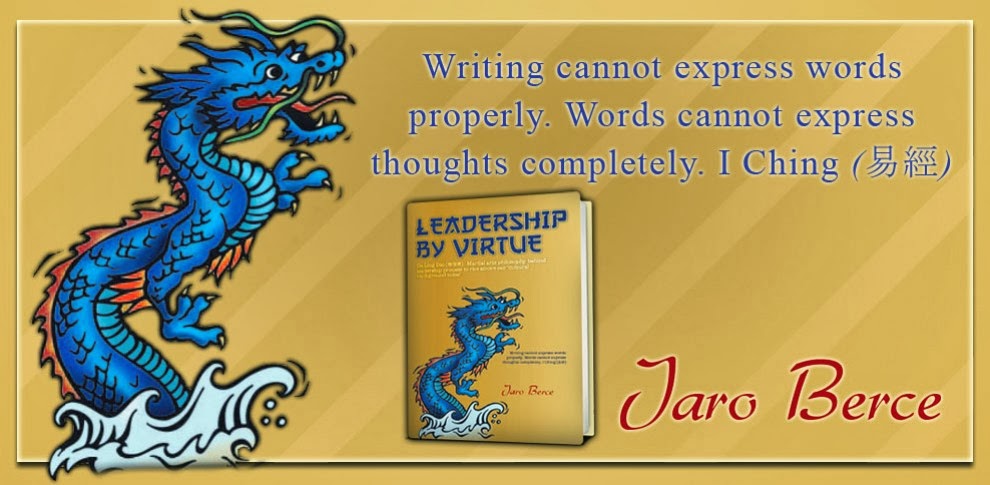Have you ever wondered what the ultimate
goal of an organization is?
 Today’s management will conclusively
respond that organization strives to achieve only one ultimate goal: to become
a profit oriented “machine”. That is why the key device of modern management is
in lowering costs: pushing on suppliers’ side, on employees, on product
development and production, to name just some. But is this “ceteris paribus”
solution, focusing only on one parameter and all other things being equal or
held constant, sustainable in long term? Or it spirally aims down and not up?
Cost reduction – instead of cost optimizing in an economic system causes the
only possible outcome – less money in circulation. The customers are also
reducing and optimizing their costs according to their income.
Today’s management will conclusively
respond that organization strives to achieve only one ultimate goal: to become
a profit oriented “machine”. That is why the key device of modern management is
in lowering costs: pushing on suppliers’ side, on employees, on product
development and production, to name just some. But is this “ceteris paribus”
solution, focusing only on one parameter and all other things being equal or
held constant, sustainable in long term? Or it spirally aims down and not up?
Cost reduction – instead of cost optimizing in an economic system causes the
only possible outcome – less money in circulation. The customers are also
reducing and optimizing their costs according to their income. How often have we heard that people are the
biggest asset of a company? They, on the other hand, are costs. If they work,
they produce cost, if they attain a training program it is again cost, if they
visit a customer ... costs. How differently people are treated from tools that
for us represent the investment. But the smallest football club in the league
knows that buying a player is not a cost – it is an asset, an investment. And
they treat him accordingly. Not so in many modern companies. By, among other
things, ignoring this, leads us to risky situations far away from the business
objectives. There is a Gallup-poll of a 1.5 million sampling, and the result is: 30% of employees are happy
with their managers, 20% are not, and 50% have disengaged themselves in having
any feelings at all.
How often have we heard that people are the
biggest asset of a company? They, on the other hand, are costs. If they work,
they produce cost, if they attain a training program it is again cost, if they
visit a customer ... costs. How differently people are treated from tools that
for us represent the investment. But the smallest football club in the league
knows that buying a player is not a cost – it is an asset, an investment. And
they treat him accordingly. Not so in many modern companies. By, among other
things, ignoring this, leads us to risky situations far away from the business
objectives. There is a Gallup-poll of a 1.5 million sampling, and the result is: 30% of employees are happy
with their managers, 20% are not, and 50% have disengaged themselves in having
any feelings at all.




